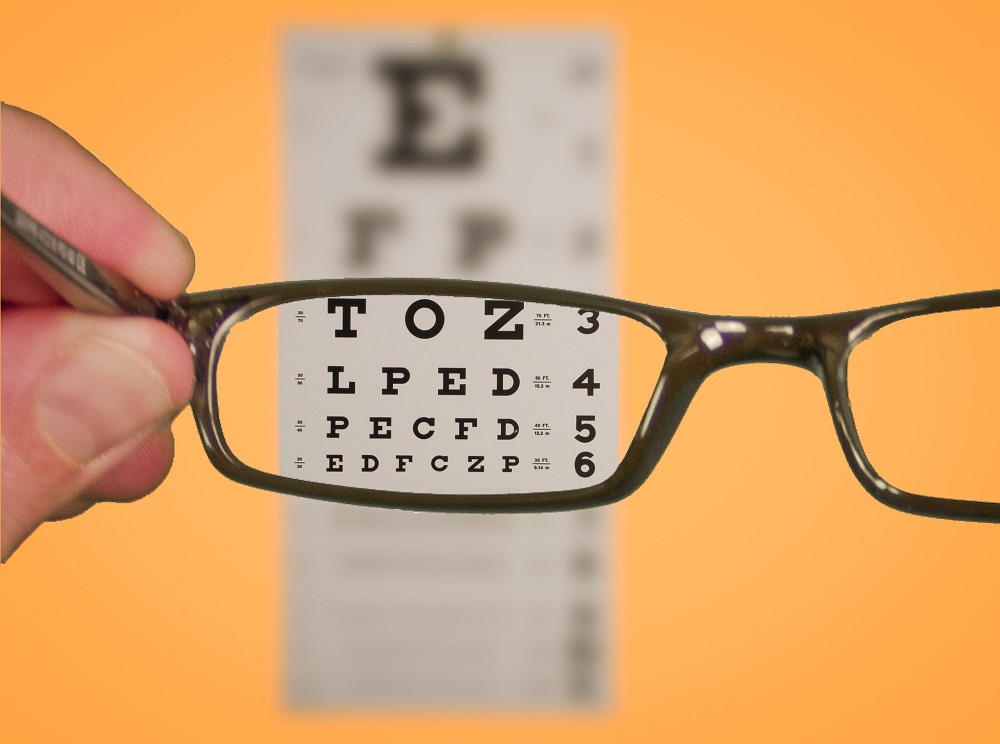
Biogen’s gene therapy aspirations have been dealt a setback after one of the assets acquired as part of an $800 million deal failed a key clinical trial testing it as a treatment for a rare, inherited eye disease.
On Friday, Biogen announced that cotoretigene toliparvovec, a gene therapy candidate for X-linked retinitis pigmentosa (XLRP), failed to meet the main goal of showing improvement according to a test that assesses the retina. But the Cambridge, Massachusetts-based biotech isn’t giving up on the gene therapy yet, pointing to “positive trends” in other clinical trial endpoints, such the measure of vision sharpness under low light. Biogen said it is continuing to evaluate the clinical trial data before determining what to do next with this gene therapy program.
XLRP is an inherited disease that causes the deterioration of photoreceptors, the light-sensing cells of the retina. The disease is caused by mutations in genes that encode proteins key to various retinal functions. Patients who have the rare disease experience progressive vision loss, typically leading to blindness by age 40. There are no FDA-approved treatments for XLRP.
Cotoretigene toliparvovec was developed to address XLRP caused by mutations to the RPGR gene. Injected into the eye, the gene therapy uses the adeno-associated virus 8 (AAV8) to deliver a functioning version of that gene to retinal cells, potentially slowing or even stopping further degeneration of photoreceptors. It’s intended to be a one-time treatment.
Biogen is testing its gene therapy in a 50-patient Phase 2/3 study that enrolled males who have a genetically confirmed diagnosis of XLRP. The first part of the clinical trial was a 24-month dose-escalation study in 18 men. The second part was a 12 month dose expansion study in 32 patients age 10 and older, with high and low doses selected from the first part of the study. A third group of patients remained untreated as a control.

A Deep-dive Into Specialty Pharma
A specialty drug is a class of prescription medications used to treat complex, chronic or rare medical conditions. Although this classification was originally intended to define the treatment of rare, also termed “orphan” diseases, affecting fewer than 200,000 people in the US, more recently, specialty drugs have emerged as the cornerstone of treatment for chronic and complex diseases such as cancer, autoimmune conditions, diabetes, hepatitis C, and HIV/AIDS.
According to the preliminary results reported by Biogen, the improvement in the treated eyes was not enough to be statistically significant, as assessed by microperimetry, a visual field test that assesses how much light is perceived by certain parts of the retina. Biogen said that this assessment was done 12 months after treatment and was compared to the study eye of patients who were randomly assigned to the untreated control group.
Biogen said most of the adverse events reported in the XLRP clinical trial were related to the eye, were mild to moderate in severity, and they resolved. Analysis of the clinical trial data is ongoing and the company said it will share detailed results at a future scientific forum.
The Biogen portfolio is dominated by multiple sclerosis drugs, which together accounted for $7.8 billion of the company’s nearly $10.7 billion in 2020 product sales. Efforts to expand the company’s scope include deals that address additional therapeutic areas with new types of treatments, such as gene therapies.
In 2018, Biogen terminated a three-year gene therapy alliance with Applied Genetic Technologies Corporation (AGTC) following the clinical trial failure of a gene therapy for X-linked retinoschisis, a rare, inherited eye disease that degeneration of the retina and vision loss. Meanwhile, AGTC has continued its gene therapy research, including an XLRP gene therapy candidate. Last week, the company reported positive results for the highest dose of its gene therapy candidate in a Phase 1/2 study.
Cotoretigene toliparvovec is one of two clinical-stage gene therapies that came to Biogen via its 2019 acquisition of Nightstar Therapeutics. The other gene therapy in that deal, timrepigene emparvovec, is currently in Phase 3 testing as a potential treatment for choroideremia, another rare inherited retinal disease. Nightstar also brought to Biogen preclinical assets.
Biogen has placed other bets on gene therapies for the eye. Last year, Biogen licensed from Massachusetts Eye and Ear a gene therapy candidate that addresses mutations in the PRPF31 gene, which causes autosomal dominant retinitis pigementosa. Early this year, Biogen inked an alliance with German gene therapy company ViGeneron. Neither the financial terms nor the eye disease target were disclosed.
Photo by Flickr user Ken Teegardin via a Creative Commons license













